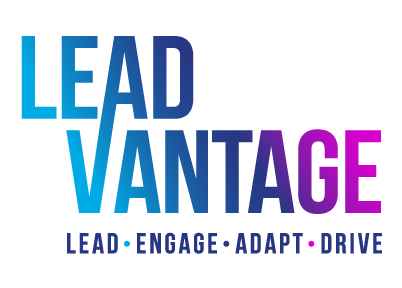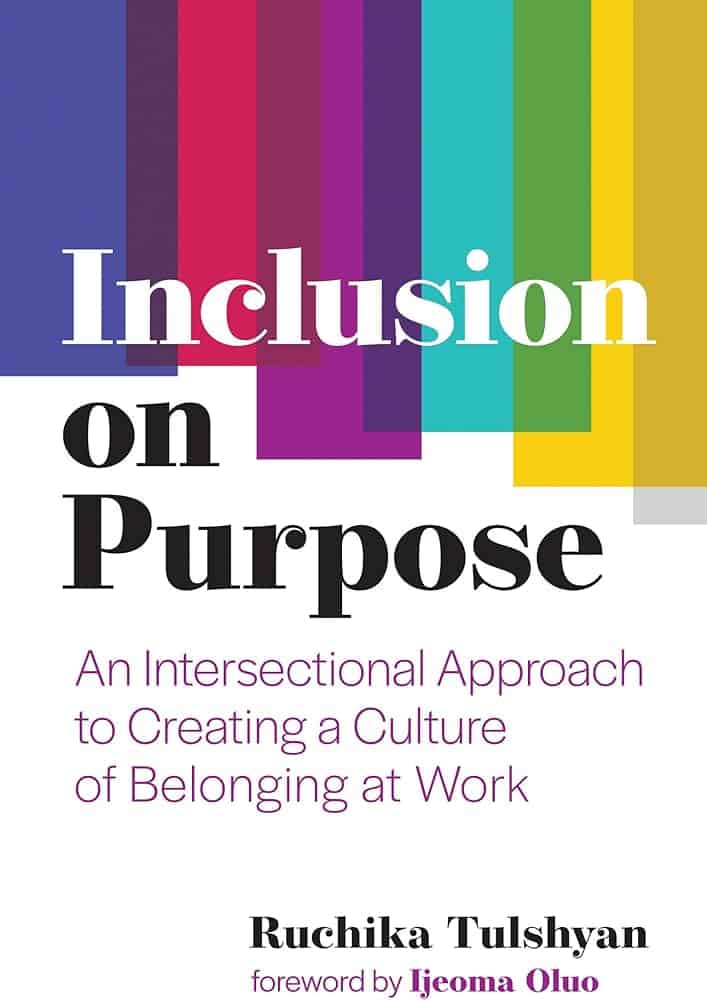“Diversity is being invited to the party, inclusion is being asked to dance, and equity is being part of the planning committee.” Vernā Myers and Ruchika Tulshyan
Tulshyan navigates through the complexities of racism, diversity, equity, and inclusion with precision and empathy, offering practical insights for leadership to embrace and foster inclusive environments.
As a leader, why should you care?
This book delves into a critical leadership challenge: elevating women of colour in workplaces globally. It addresses issues of social justice, representation, diversity of thought, economic inequality, and talent retention, offering insights crucial for building inclusive and successful organizations.
As leaders, where are we now?
At the heart of Tulshyan’s message is the recognition that despite progress, the workplace still struggles with elevating women of colour. This reality necessitates a deeper understanding of racism, which Tulshyan defines as not just overt discrimination but also the insidious biases and systemic barriers that hinder the advancement of marginalized groups. Therefore, leadership must confront these issues head-on, acknowledging their privilege and committing to dismantling oppressive structures.
How exactly can leaders define diversity, equity, and inclusion (DEI)?
Tulshyan emphasizes that true diversity goes beyond surface-level representation; it requires equity and inclusion. Diversity means having different voices at the table, but equity ensures that those voices are heard and valued equally. Inclusion takes it a step further, fostering environments where everyone feels a sense of belonging and can fully participate and contribute. Leadership must champion these principles at every level of the organization, creating policies and practices that promote fairness and inclusivity.
How can leadership contribute to DEI?
To achieve genuine inclusion, leaders must learn to see past their privilege. Tulshyan encourages introspection, urging leaders to recognize the advantages they may have had and to use their positions to uplift others. Developing an inclusion mindset means actively seeking diverse perspectives and experiences and incorporating them into decision-making processes. This requires humility and a willingness to learn from those with different backgrounds and viewpoints.
The role of empathy in leadership and DEI.
Empathy is a cornerstone of inclusive leadership. Tulshyan stresses the importance of understanding and empathizing with marginalized individuals’ experiences. This means listening without judgment, validating their experiences, and taking concrete actions to address their concerns. By fostering empathy, leaders can create environments where everyone feels seen, heard, and valued.
How leadership can shine their light.
Tulshyan advocates for leaders to shine their light while allowing others also to shine. This means using their platforms and influence to amplify the voices of women of colour and other marginalized groups. Leadership is not about hogging the spotlight but rather about empowering others to reach their full potential. Inclusive leaders foster a culture of collaboration and collective success by stepping back and creating opportunities for others to lead.
The impact of leadership on psychological safety.
Psychological safety is essential for innovation and growth. Tulshyan highlights the importance of creating environments where employees feel comfortable taking risks, sharing their ideas, and making mistakes without fear of judgment or reprisal. When employees feel psychologically safe, they are more likely to speak up, collaborate, and innovate, driving the organization forward. Leadership plays a crucial role in cultivating this sense of safety by modelling vulnerability, encouraging open communication, and addressing issues of trust and respect.
Practical solutions for leaders at your fingertips.
“Inclusion on Purpose” is a timely and essential must-read for leaders committed to building more inclusive workplaces. Tulshyan’s insights offer a roadmap with practical ideas for navigating the complexities of diversity, equity, and inclusion, empowering leaders to create environments where everyone can thrive.
By embracing inclusive leadership practices, organizations can attract and retain top talent and foster innovation, creativity, and sustainable growth.
As a leader, what can you do differently, starting today?

Lead Vantage offers leadership insights into diversity, equity, and inclusion (DEI) principles, empowering leaders to foster inclusive workplaces. With this knowledge, organizations can develop strategies to attract, retain, and empower diverse talent. Lead Vantage’s expertise enables companies to build inclusive cultures that drive innovation, engagement, and success. Visit us at https://leadvantage.ca/programs/ to review our programs, and contact us at info@leadvantage.ca to learn how we can support you and your team in your leadership objectives.




